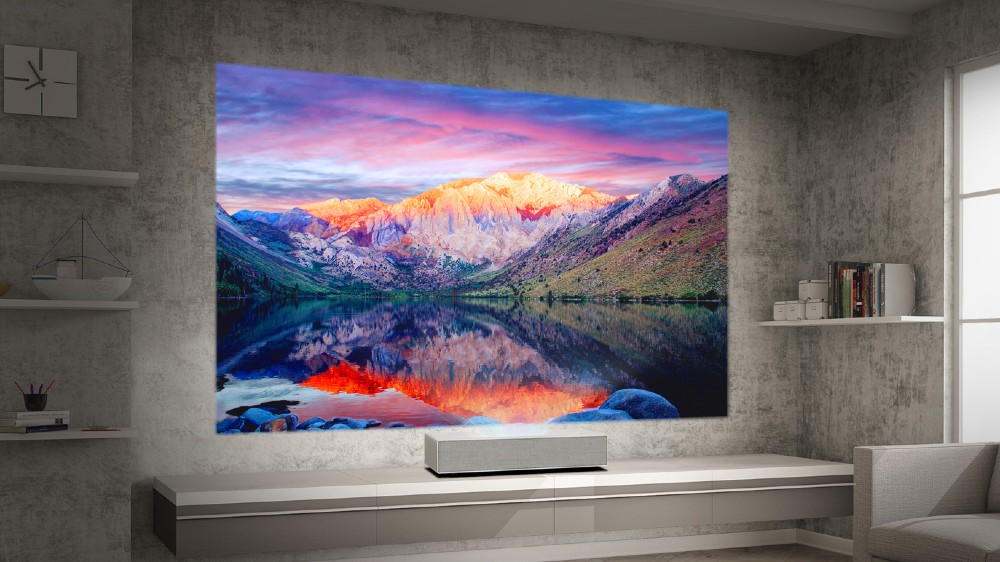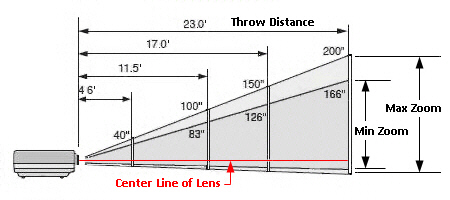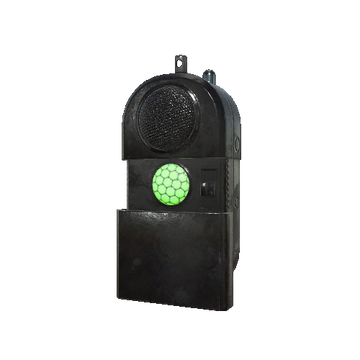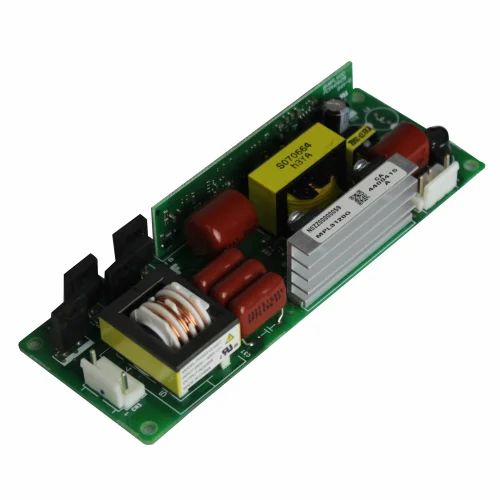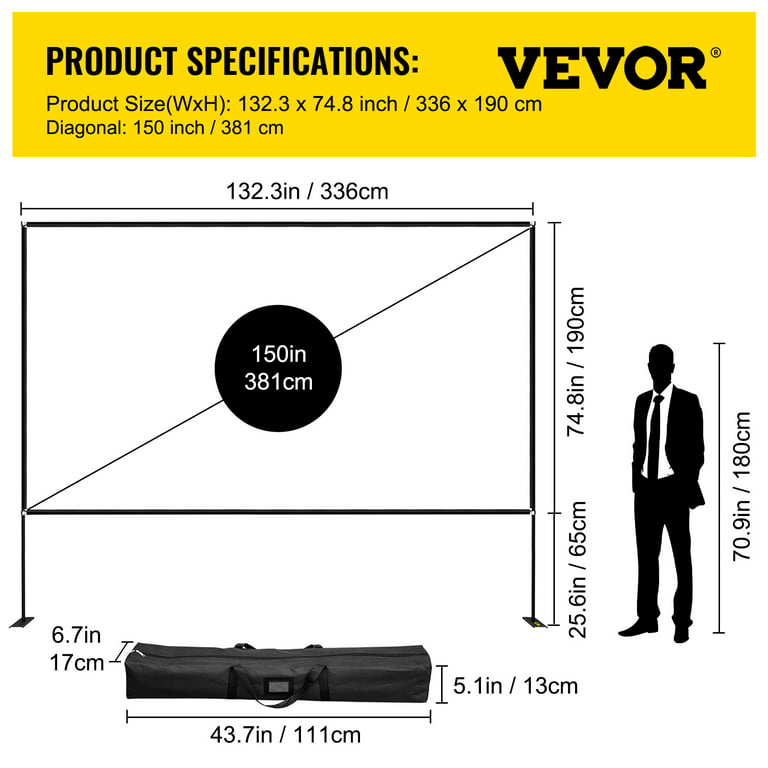Unveiling Fixed Frame Projector Screens: A Detailed Understanding
Introduction
Enhancing your viewing experience can be achieved through various means, among which, selecting the suitable type of projection screen plays a surprisingly pivotal role. In this article, we offer a comprehensive understanding of fixed frame projector screens. Plunge with us into their flexible world, gain first-hand knowledge of their functionalities, learn about their varied types, and reasons why their popularity has steeply risen. We will also guide you in assessing if a fixed frame projector screen is ideally suited for you and responding to some FAQs.
What Exactly is a Fixed Frame Projector Screen?
To put it in simple terms, a fixed frame projector screen is a specific type of projection screen that maintains its stretched state on a stationary frame at all times. There are a few key characteristics that set it apart from other projector screens:
- Permanently Taut: Unlike its retractable counterparts, this screen type always remains stretched across the frame. It doesn't ever roll up or fold away. This ensures a consistently smooth viewing surface, effectively evading issues like ripples or any kind of deformities in the projection surface.
- Image Quality: Bearing a resemblance to the large screen TV concept, the fixed frame projector screen delivers superior clarity. With its seamless surface, the image quality gets substantially improved, which significantly elevates the viewer's entertainment experience.
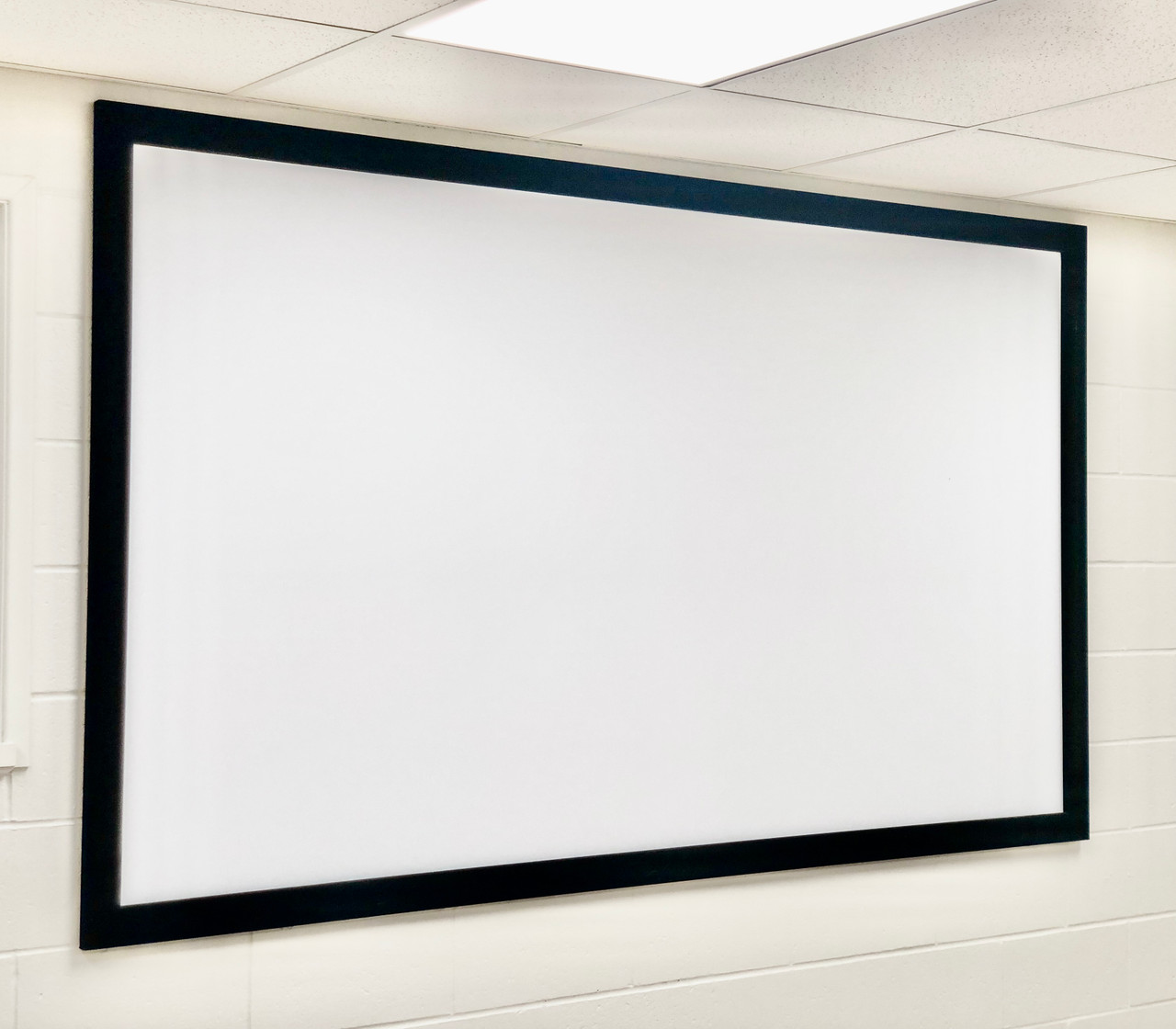
- Non-Moveable: As the name implies, the fixed frame projector screen is permanently mounted in one place. This non-movable feature could be a disadvantage if you need mobility and want to regularly change your projector's location. However, it becomes an advantage in terms of stability and maintaining high image quality.
By understanding what exactly a fixed frame projector screen is, you can efficiently decide whether this projection screen type meets your specific entertainment or presentation needs.
How do Fixed Frame Projector Screens Operate?
Understanding the operation of fixed frame projector screens is relatively straightforward. The simplicity behind their mechanism can be broken down into a few key components as below:
- Principal Mechanism: These screens function by reflecting the light beam projected by a digital projector. The content to be displayed is projected onto this screen, which then reflects the image, creating a visual display for viewers.
- Surface Treatment: An important aspect of fixed frame projector screens is their special surface treatment, which aids in maintaining the vibrancy and color accuracy of the projected imagery. This treatment helps to preserve the brightness and color of the displayed content in its most authentic form.
- Static Setup: Unlike variable screens which can be rolled up or down, the fixed frame screens stay put, providing a smooth and flat surface. This prevents any potential for ripples or deformations that could affect the image quality, ensuring stable and high-quality projection consistently.
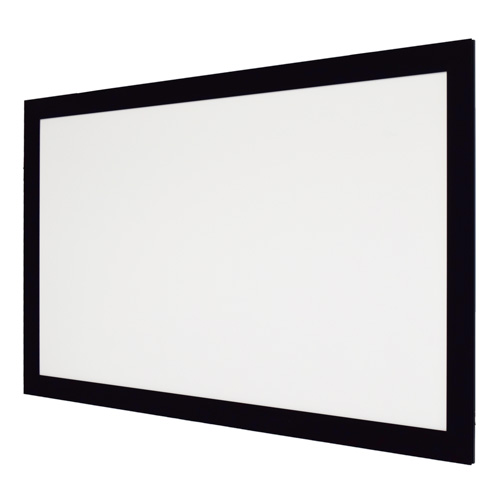
- Wide Viewing Angle: Furthermore, the fixed frame projector screens offer an extensive viewing angle. This means they allow audiences seated at various positions within the room to have a distortion-free view of the screen, enhancing overall viewing experience in shared spaces.
Operating a fixed frame projector screen is as simple as project-and-display, while its static setup maximizes image quality and viewing comfort.
What Are the Different Types of Fixed Frame Projector Screens?
Fixed frame projector screens come in an array of types, each offering unique characteristics suitable for specific situations. By outlining the key variant types, this guide helps you choose the appropriate screen for your needs:
- White Screens: These screens offer an exceptional reflection of color, ensuring a vivid and realistic projection. Best suitable for dark rooms with controlled lighting, white screens are favored for their ability to produce clear, life-like images.
- Grey Screens: If you're contending with ambient light, grey screens are there to your rescue. They assist in enhancing the contrast ratio, offering deeper blacks and more vibrant colors even in moderately lit setups.
- Deluxe Tensioned Screens: For those craving premium quality, deluxe tensioned screens feature a superior tensioning system. It perfectly maintains screen flatness, guaranteeing the optimal integrity of your picturesque imagery. They stand as a synonym for luxury and finesse amongst projector screens.
- Curved Screens: As the last variety on our list, curved screens take viewer engagement to the next level. By extending the projection to the viewer's peripheral vision, they create an immersive viewing experience that's hard to replicate with flat screens.
By considering these variations, you can select a fixed frame projector screen ideally tailored to your viewing preferences and environmental circumstances.
Why Should You Opt for a Fixed Frame Projector Screen?
The decision to opt for a fixed frame projector screen brings along a host of benefits. Here's an overview:
- Unparalleled Cinematic Experience: The biggest draw of a fixed frame projector screen is its ability to provide a theater-like experience right within the confines of your room. This is achieved by maintaining an absolute flatness of the surface, resulting in sharp, high-resolution images.
- Zero Screen Waviness: Unlike pull-down screens, which may have a mild waviness that can distort the projected image, fixed frame versions offer a perfectly flat surface. This ensures that the projection remains distortion-free, significantly enhancing your watching experience.
- Customizable Size: One of the outstanding advantages of these screens is that they come in numerous sizes. This flexibility allows you to custom-build your setup based on the dimensions of your viewing room and seating arrangement of the viewers, offering an improved viewing experience for all attendees.
- Durability and Easy Maintenance: Generally, fixed frame projector screens are more durable compared to the retractable alternatives. They possess a robust construction and the screen remains pristine as it is not constantly rolled in and out. Also, they are relatively simple to clean and maintain, ensuring longevity.
- Aesthetic Enhancement: Beyond their practical uses, these screens seamlessly blend into your home decor, adding a touch of elegance to your interiors. They can effortlessly complement the look of your existing home theater system.
The choice of a fixed frame projector screen offers a superior viewing advantage. However, while these perks sound desirable, it's essential to assess the suitability of these screens against the backdrop of your specific needs and viewing preferences. Remember, the optimal projector screen choice is always the one that suits your needs and preferences the best.
Making the Right Choice: Is a Fixed Frame Projector Screen Suitable for You?
Selecting a projector screen that aligns with your needs is a critical aspect for an outstanding cinematic experience. Among the varied types, fixed frame projector screens are increasingly becoming popular due to the superior theatre-like ambiance they offer. However, are these screens the perfect match for you? Let's evaluate this based on several key factors and considerations.
- Dedicated Projection Space: If you have a dedicated room or space for enjoying movies or presentations and do not require regular reconfigurations, a fixed frame screen will be an excellent option.
- Cinematic Experience: For movie enthusiasts who desire an elevated theater experience at home, fixed frame screens with their unrivaled image quality and static setup are an ideal choice.
- Room Size: The size of your room plays a critical role in the selection of your screen. Fixed frame screens come in a variety of sizes and can be the perfect choice if you have sufficient space to accommodate them.
- Light Situation: Fixed frame screens are good at combatting ambient light, especially the grey screens. If your projection space has unpredictable light situations, this type of screen might be beneficial.
- Seating Arrangement: Fixed frame screens offer a wide viewing angle. If the seating is spread across the room, you might want to consider these screens for a consistent viewing experience.
- Aesthetics: One often overlooked factor is the design appeal. A fixed frame projector screen is sleek, unobtrusive, and adds elegance to your environment, enhancing the overall decor.
Although fixed frame projector screens offer numerous advantages, it’s essential to remember that the ultimate selection should align with your personal needs and viewing preferences. Therefore, ensure to consider these factors, assess your requirements thoroughly, and weigh the pros and cons before making your investment.
Conclusion
In conclusion, fixed frame projector screens offer superior image quality, durability, and aesthetic enhancement. However, whether it is a perfect fit depends upon your personal preferences, projection space, and viewing needs. So, ensure you understand these factors thoroughly before making an investment.
Related FAQs about what is a fixed frame projector screen
What are some advantages of a Fixed Frame Projector Screen over other types?
Fixed Frame Projector Screens offer unparalleled image quality and viewing experience. Their permanently taut and wrinkle-free surface ensures projection consistency. They also enable wider viewing angles, accommodate varied screen materials, and add an aesthetic appeal to your space.
How to maintain and clean a Fixed Frame Projector Screen?
In general, Fixed Frame Projector Screens require minimal maintenance. Regular dusting with a soft, dry cloth is sufficient. For deeper cleaning, use a damp cloth with a mild soap solution and gently wipe the surface. Avoid harsh cleaning agents as they may damage the screen.
Is a Fixed Frame Projector Screen ideal for both indoor and outdoor use?
Fixed Frame Projector Screens are usually recommended for indoor use. Outdoor application would require a sturdy build and weather-resistant material. However, if carefully handled, and provided appropriate measures for weather protection, these screens can be used temporarily for outdoor screenings.

